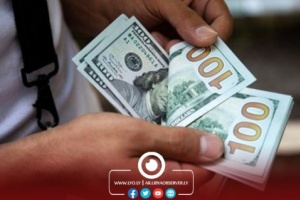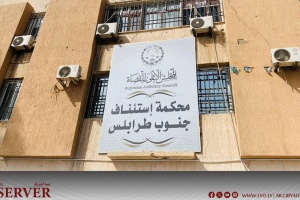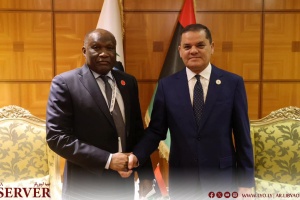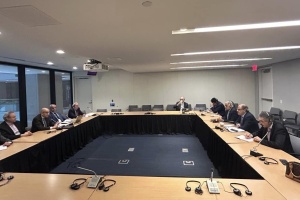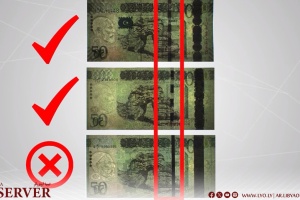The Governor of the Central Bank of Libya (CBL), Sadek Elkaber, said in a letter addressed to the Prime Minister of the National Unity Government, Abdul Hamid Dbeibah, that the fiscal and economic policies pursued by successive governments have led to imbalances in the national economy.
He highlighted the achieved stability and surplus in the balance of payments and the general budget "due to the CBL's measures and policies implemented in January 2021."
Elkaber warned against presenting an overly optimistic view of the national economy, emphasising the threats it poses to the nation's interest, citizens, and future generations.
He indicated that the expected deficit in foreign cash revenues, which stands at $11 billion and the increase in fuel subsidy from 20.8 billion dinars to 61 billion dinars depends on oil and will not withstand the shock of a decline in oil prices.
Elkaber further criticised the lack of a clear economic vision for diversifying income sources and the uncalculated expansion in spending, which he stated threatens the financial sustainability of the state and generates further pressure on the exchange rate and the level of public expenditure.
The expansion of spending led to a growth in the money supply by over 30 billion dinars in 2023, reaching 160 billion dinars. The Libyan economy depends on oil by 96%, making it vulnerable to changes in global market prices and the arbitrary closure of oil, with the latest closure occurring in January 2024, Elkaber explained.
He also insisted that the claim of foreign cash reserves reaching $84 billion is inaccurate and that the free general reserve of foreign cash is only about $29 billion.



